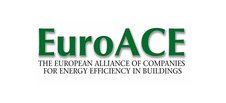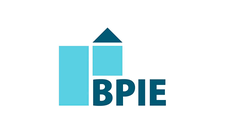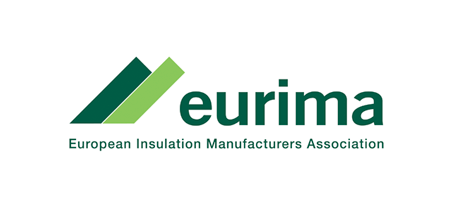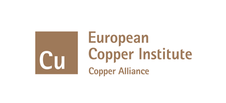Search eceee proceedings
We have the facts, but…what is the story?
Panel: 1. Foundations of future energy policy
This is a peer-reviewed paper.
Author:
Hans Nilsson, FourFact AB, Sweden
Abstract
Energy efficiency is a bargain for most actors. They can reduce their energy use and at the same time increase the quality of their service. This is a fact. The cost to do so is normally a small fraction of the price of energy. It would amount to huge savings for them and for the society as whole. The tragedy, however, is that it does not happen as fast as the advantages would merit.
This fact has been well documented by prestigious parties, both in the private sector, e.g. the consultancy company McKinsey, and by international organisations such as the EU and in particular by the IEA/OECD. The latter has, however, also verified that the lion’s share of the profitable potential will still remain unharvested for decades to come.
It seems as if mere facts about profitability, environmental advantages, energy security, productivity etc. are not sufficient as arguments to convince the actors responsible for operations and maintenance in industry, and far less so individuals, to act and realise the potential for efficiency improvements that they have.
We, who argue the need for energy efficiency, may have to reconsider our approach. We may have to “qualify the facts”. The facts have to be put into a more relevant context to fit how people think and react. The factual story must appeal to people and result in narratives that encourage the necessary mobilisation of the efficiency market actors. If simple facts do not support their vision of reality they will not act. The facts have to be fitted into a suitable/understandable context. We have to tell a better story or tell the story better!
Downloads
Download this presentation as pdf: 1-003-17_Nilsson_presentation.pdf
Download this paper as pdf: 1-003-17_Nilsson.pdf
Panels of
1. Foundations of future energy policy
2. Policy: governance, design, implementation and evaluation challenges
4. Mobility, transport, and smart and sustainable cities
5. Buildings and construction technologies and systems
6. Buildings policies, directives and programmes
7. Appliances, products, lighting and ICT
8. Monitoring and evaluation: building confidence and enhancing practices























